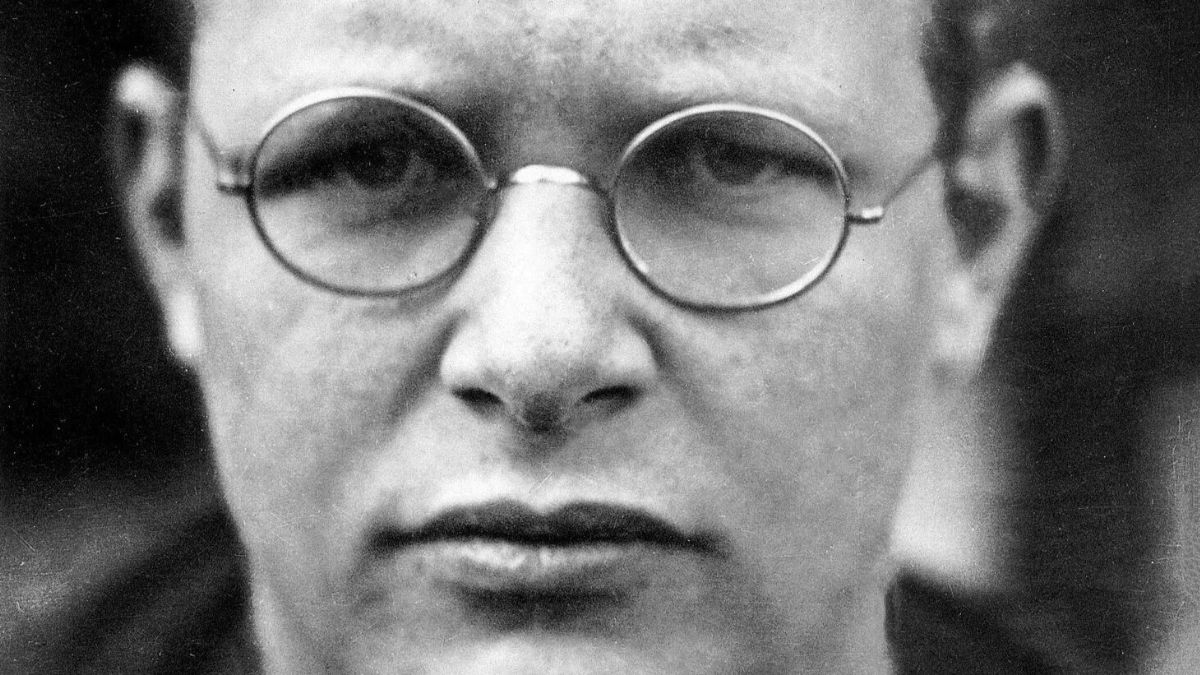

BreakPoint
No More Retreat
In a few days Americans will flock to the polls in our biennial ritual of electing the entire House of Representatives and one-third of the Senate. The democratic experiment at its best (and its noisiest). And this year, with so much media emphasis on the "Religious Right"—much of the emphasis unflattering—it's a good time to reflect on what the Bible teaches about politics and government. If you think back, there was a time when Christians didn't even have to ask such questions. They knew they had a civic duty to help shape the country's political life. The oldest settlement in America, St. Augustine, Florida, is named for one of the great Christian political writers of all time. The oldest English-speaking settlement at Jamestown, Virginia, was founded by Christians eager to expand the bounds of Christendom. And the Pilgrims who came to Massachusetts saw the "New World" as a religious sanctuary. Right up through the last century, the public ethos in America was strongly Christian. But then came a series of intellectual shocks that began to undermine that Christian influence. In theology there was so-called Higher Criticism, with its cut-and-paste approach to the Bible that simply got rid of anything the critics find questionable. In anthropology there was cultural relativism—the idea that each society has its own truth. People began to question Christianity's claim to be universal truth. In science there was the theory of evolution, which seemed to push God out of science. In psychology there was Sigmund Freud saying Christianity was just a crutch for weak people. In every field Christian truth was challenged, putting Christians on the defensive. Some Christians responded by giving up the Gospel, substituting social activism. Others responded by going into retreat. To preserve the historic, orthodox faith, they turned inward and focused on tending their churches, seminaries, and Bible schools. Under the circumstances that strategy may have been the only way to keep the faith alive. But when orthodox Christians turned inward, they left the public arena open to non-Christians and secularists. As a result, the Christian ethos that had once permeated the public sphere was rapidly eroded. Over time even those Christian enclaves—churches and seminaries—were invaded by secularism. That's when Christians began to realize they could no longer retreat. The time had come to take the offensive—to be salt in all structures of society, to extend the lordship of Christ into all of life. Including politics. About 25 years ago, Christians began coming out of their spiritual ghettos. And that's a good thing. Christians ought to be exercising their civic duty to be informed, to vote, to bring Christian truth to bear in the political arena. Augustine put it best when he said Christians have a dual citizenship: We are citizens of both the heavenly kingdom and an earthly kingdom. And because we are inspired by heaven, Augustine said, we should make the best citizens here on earth.
10/29/98















